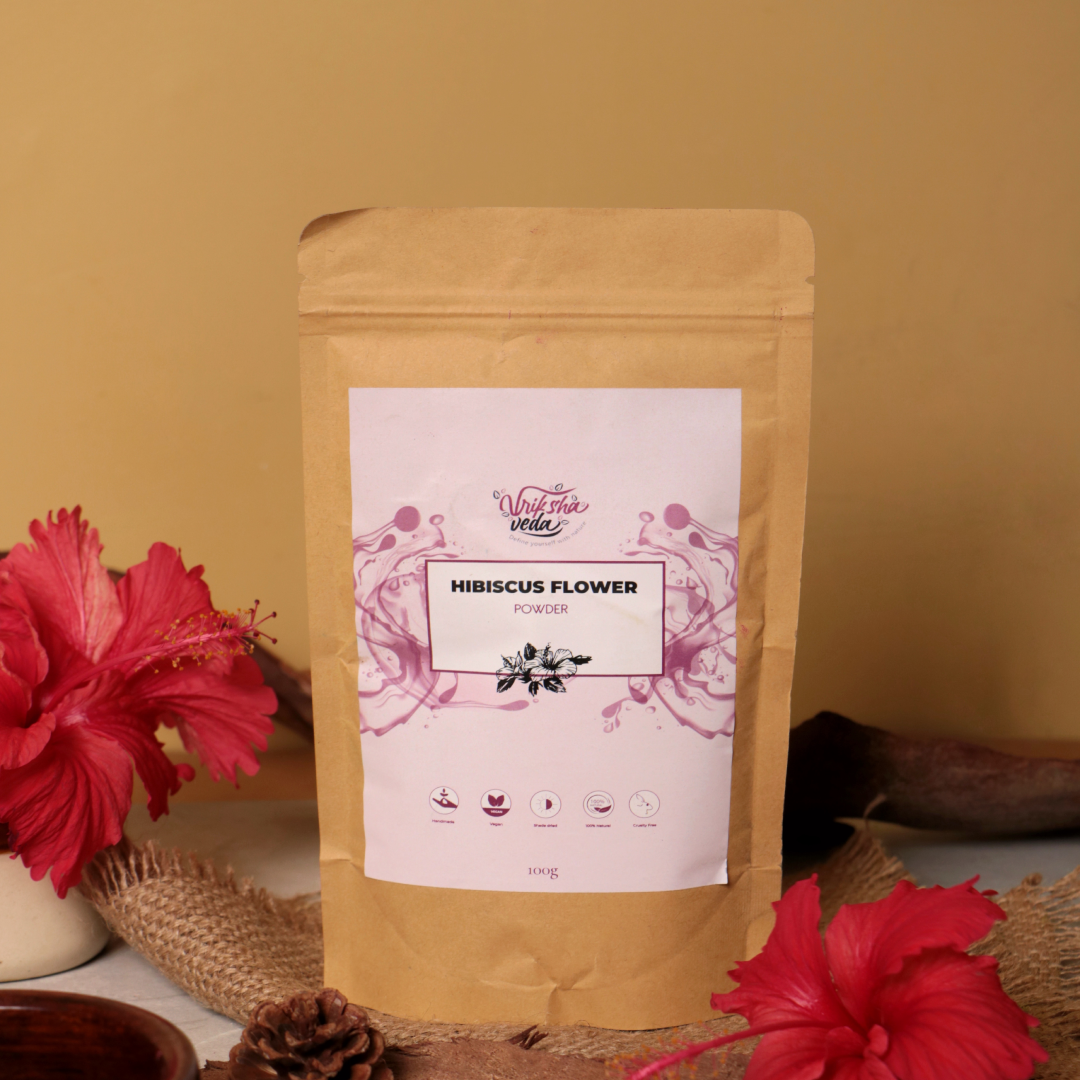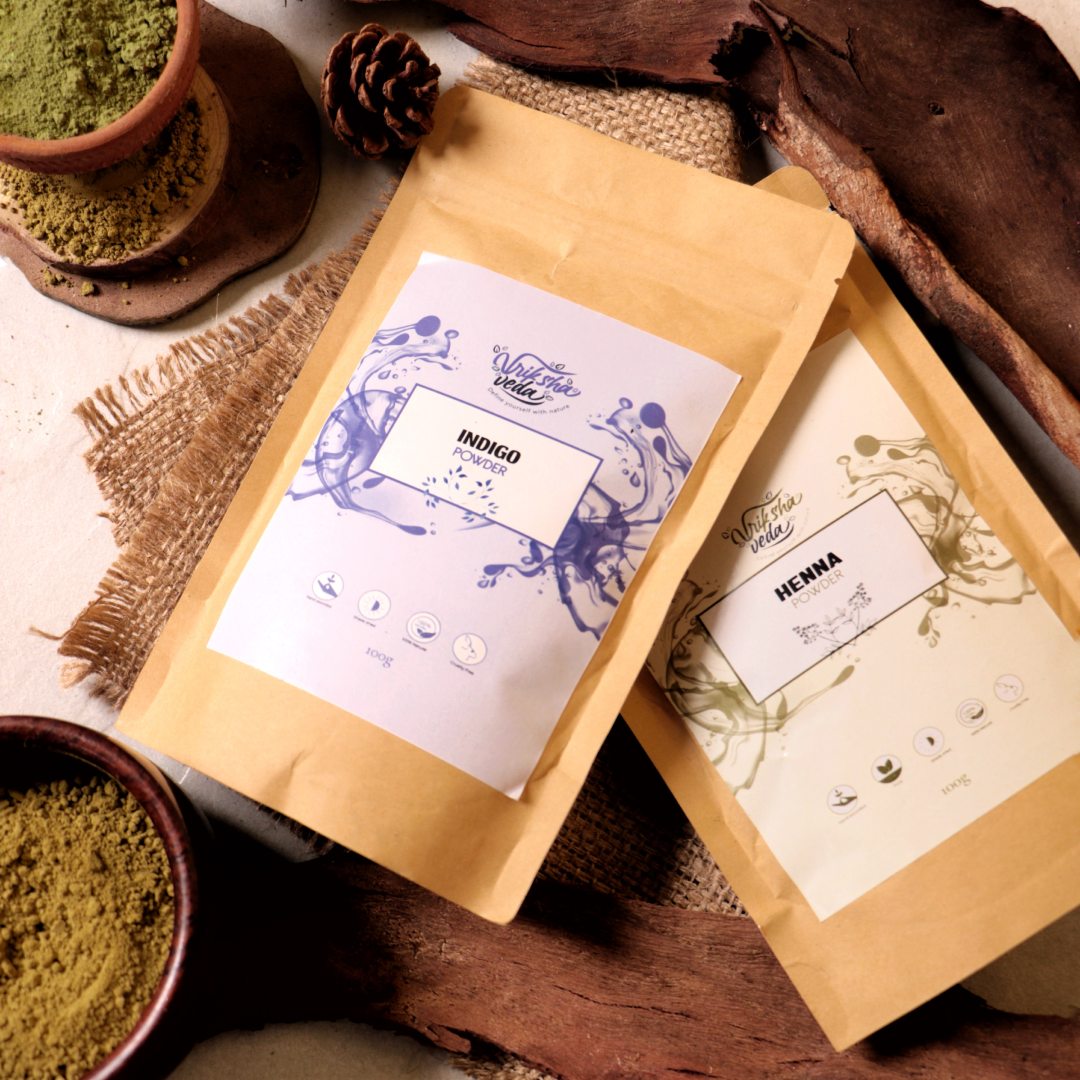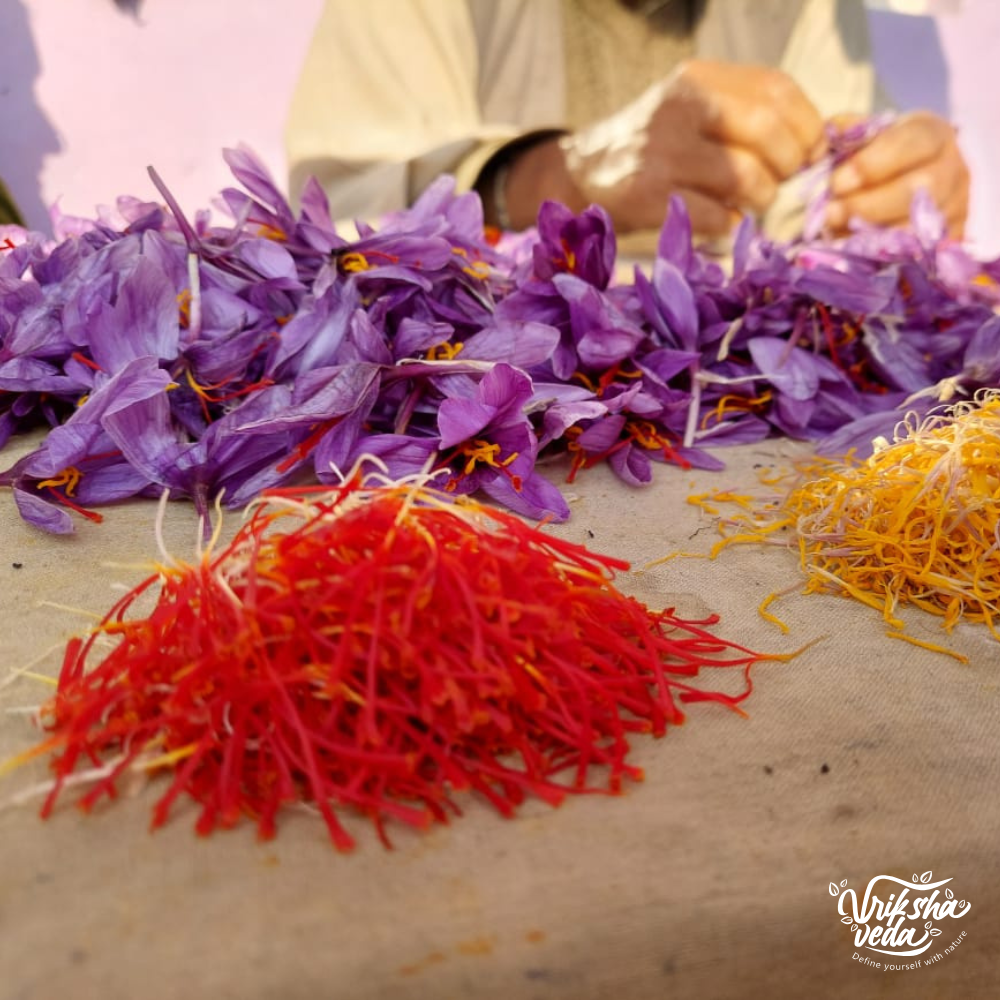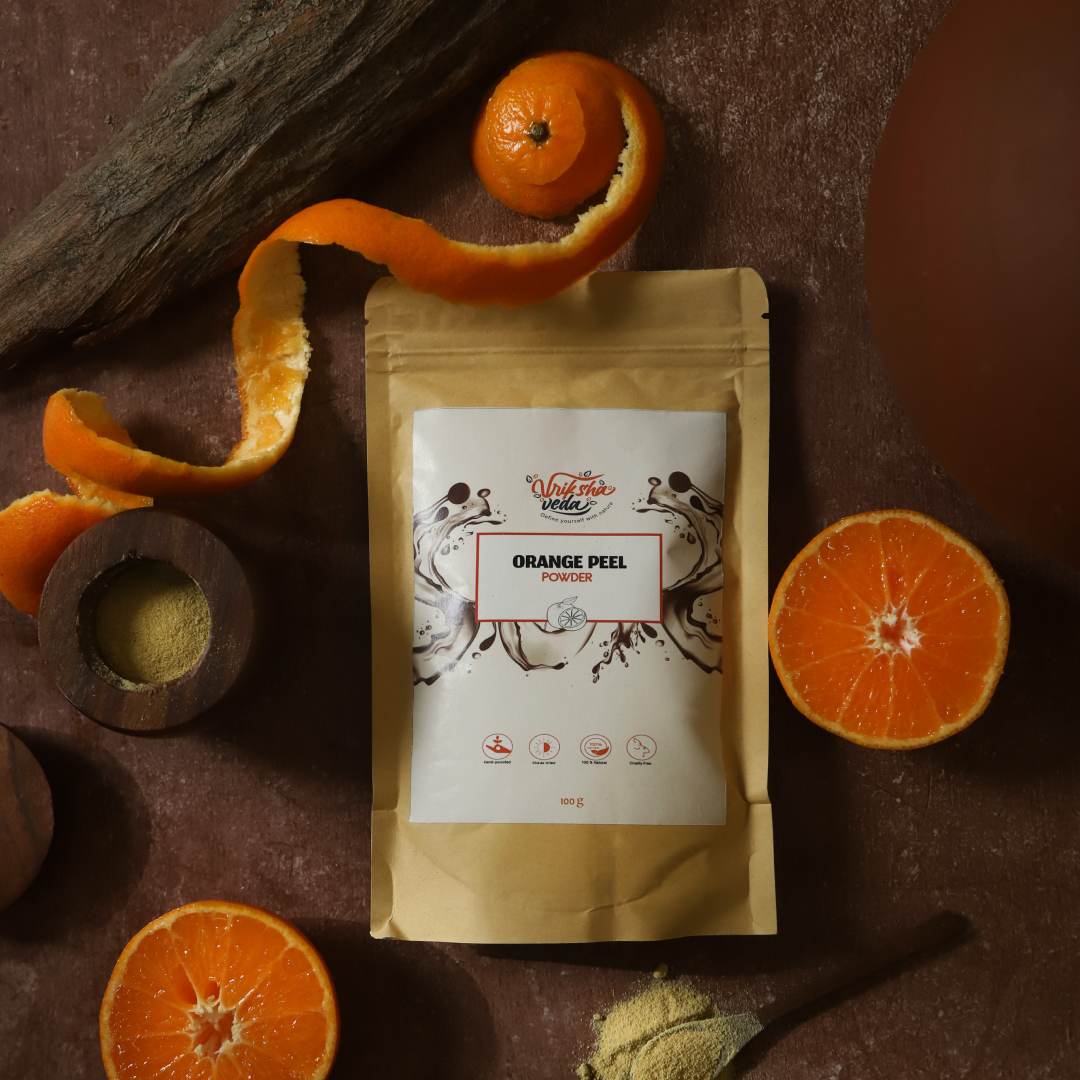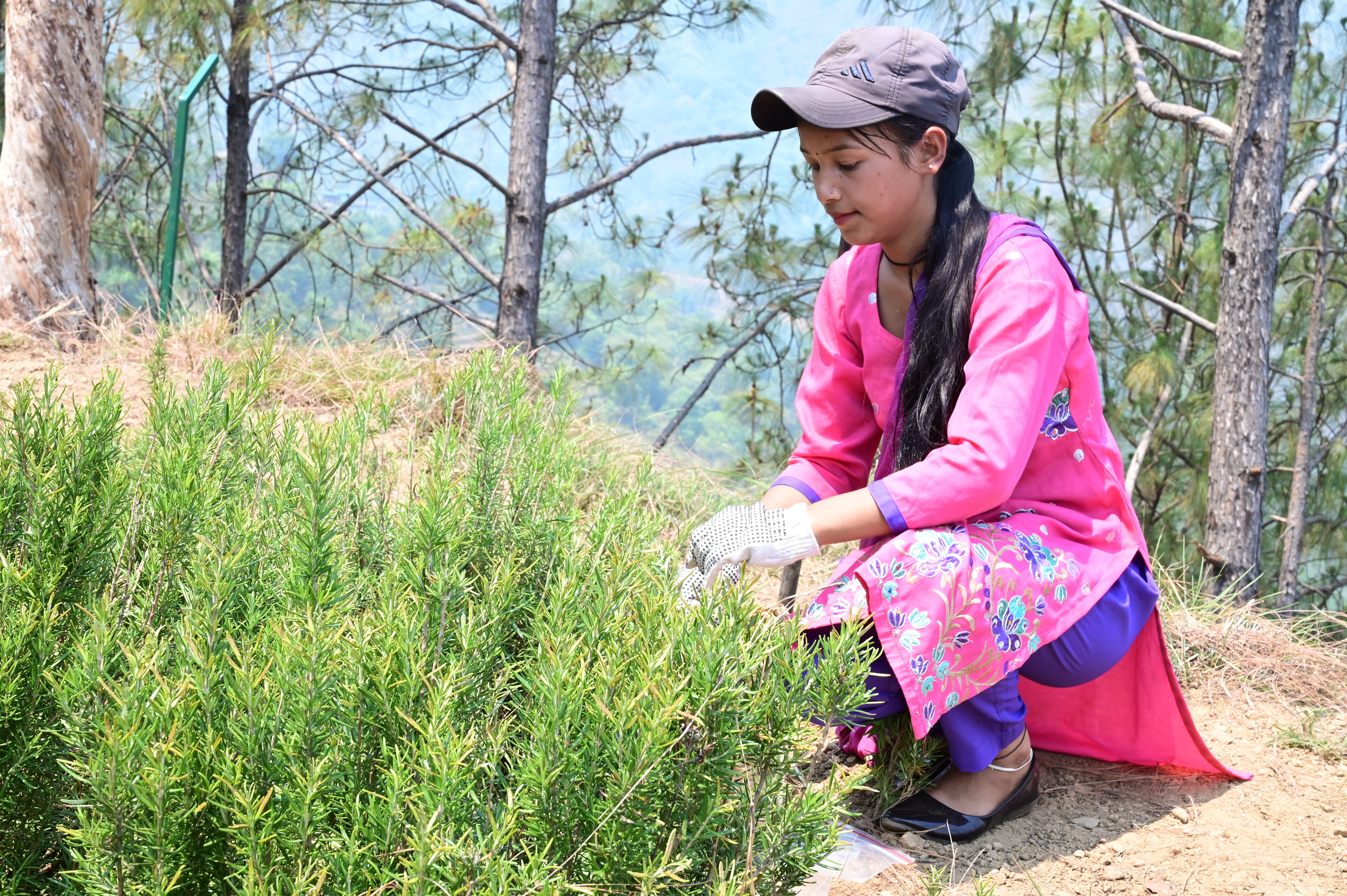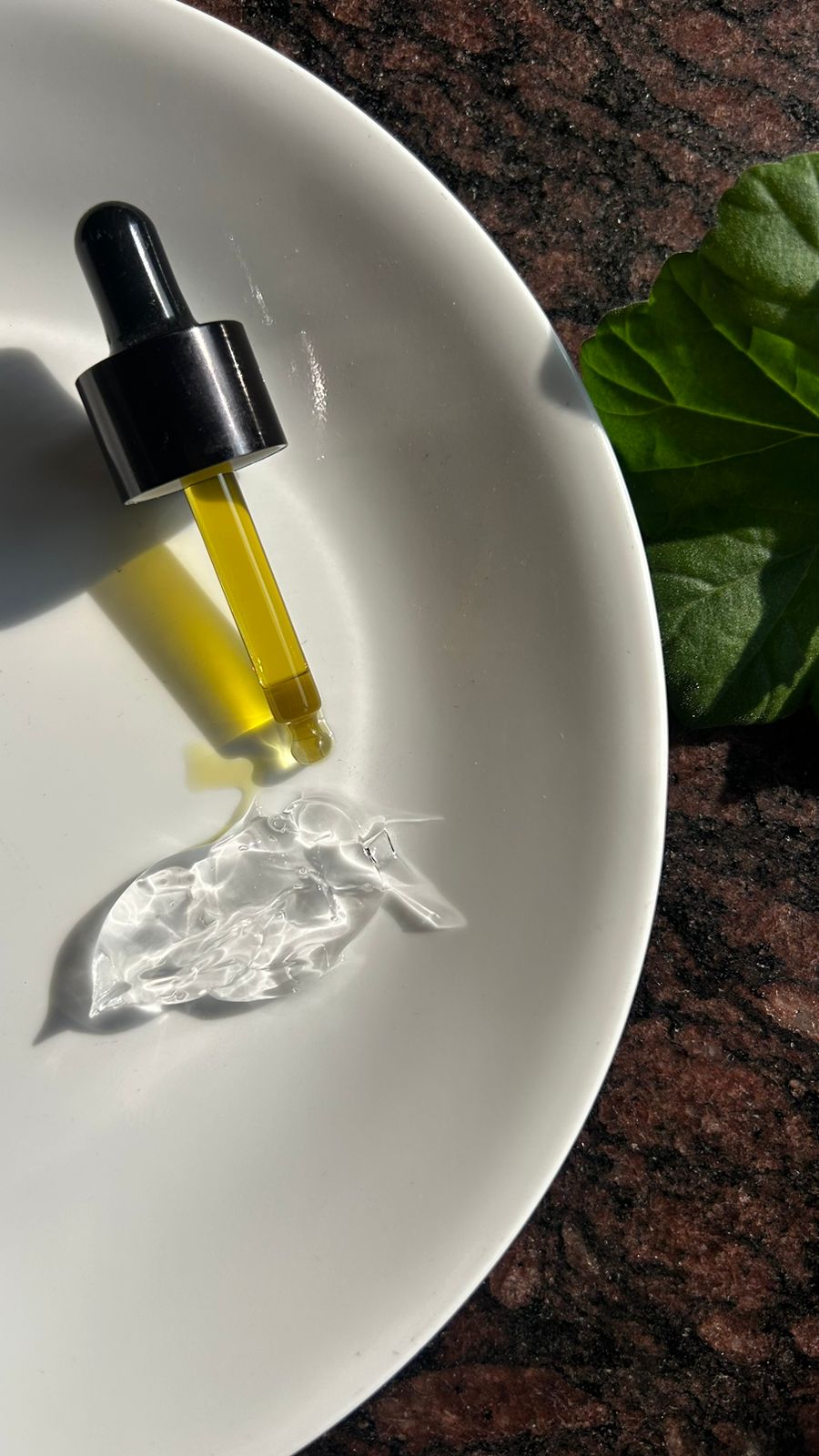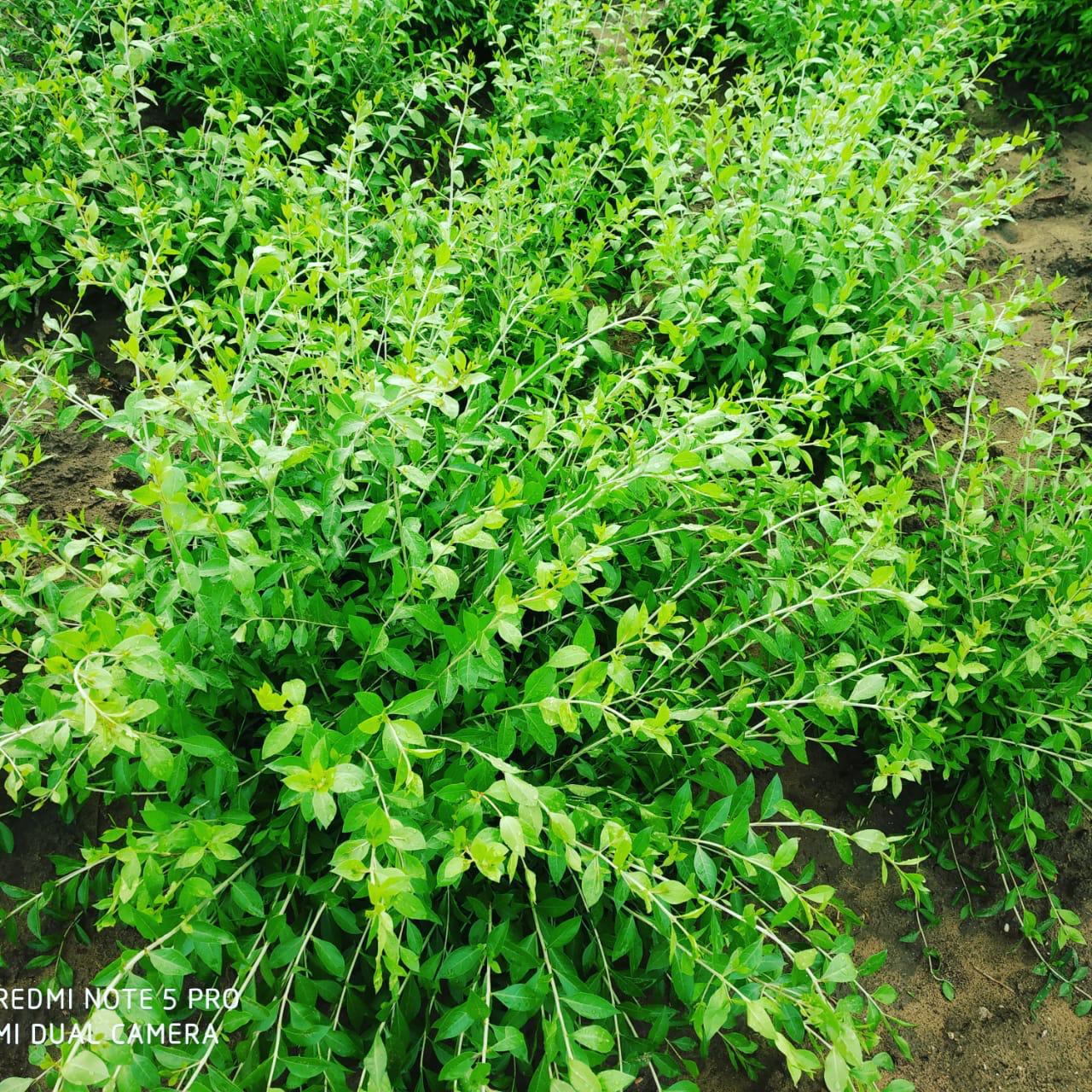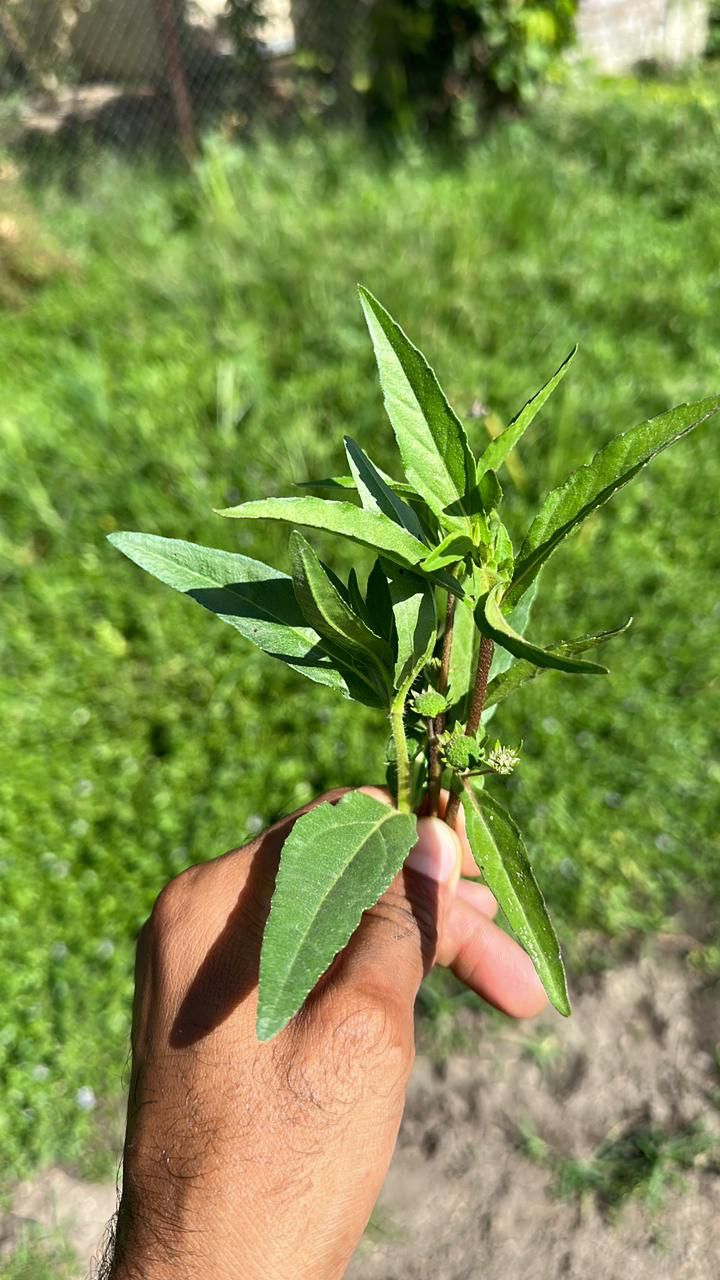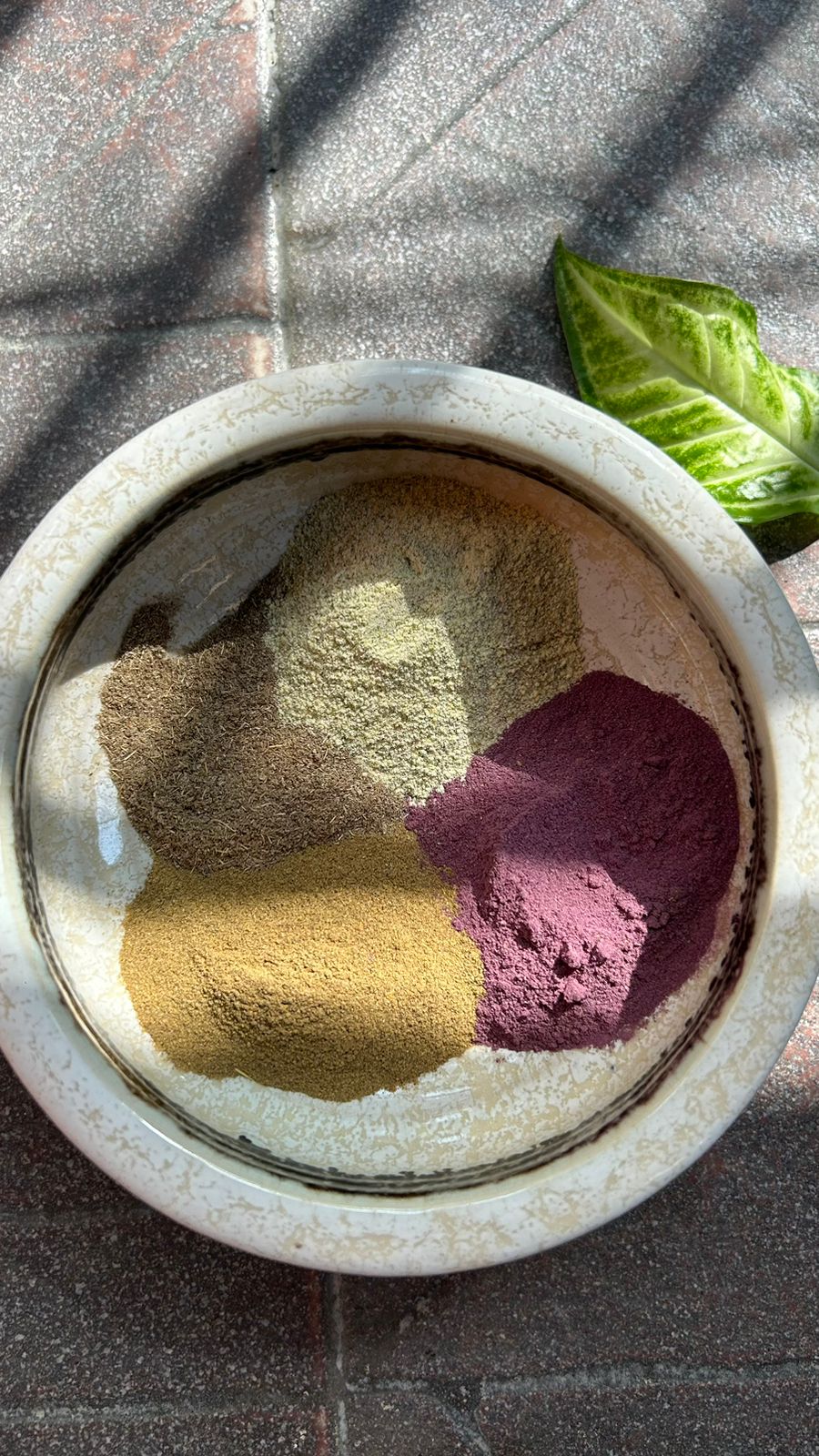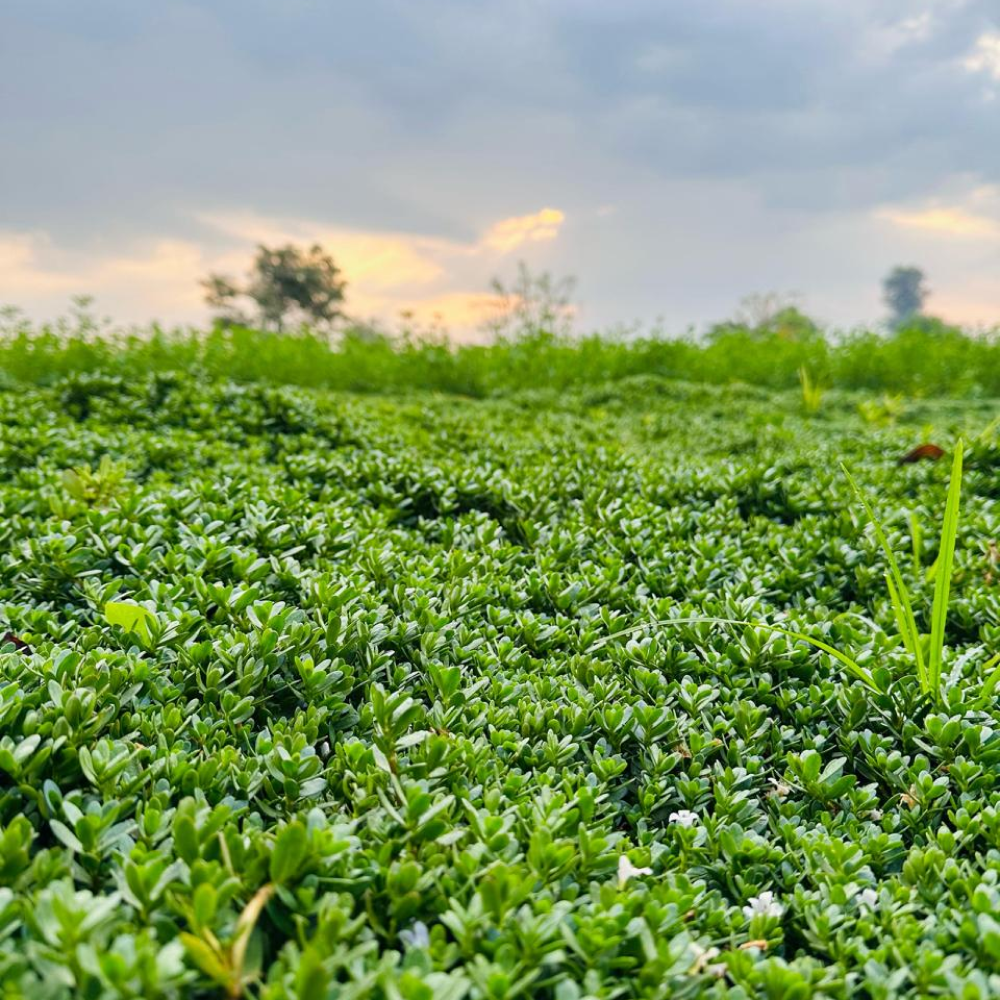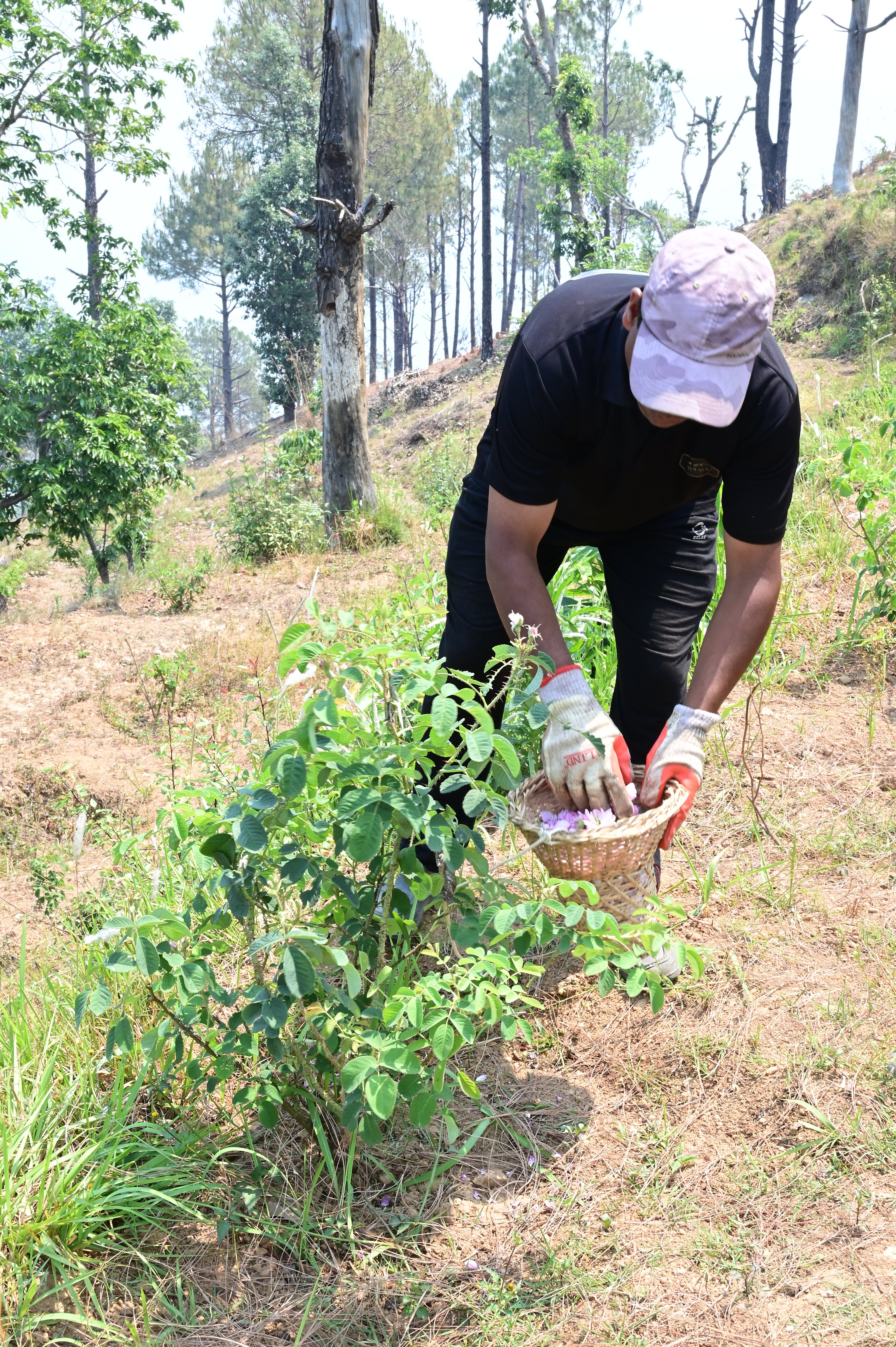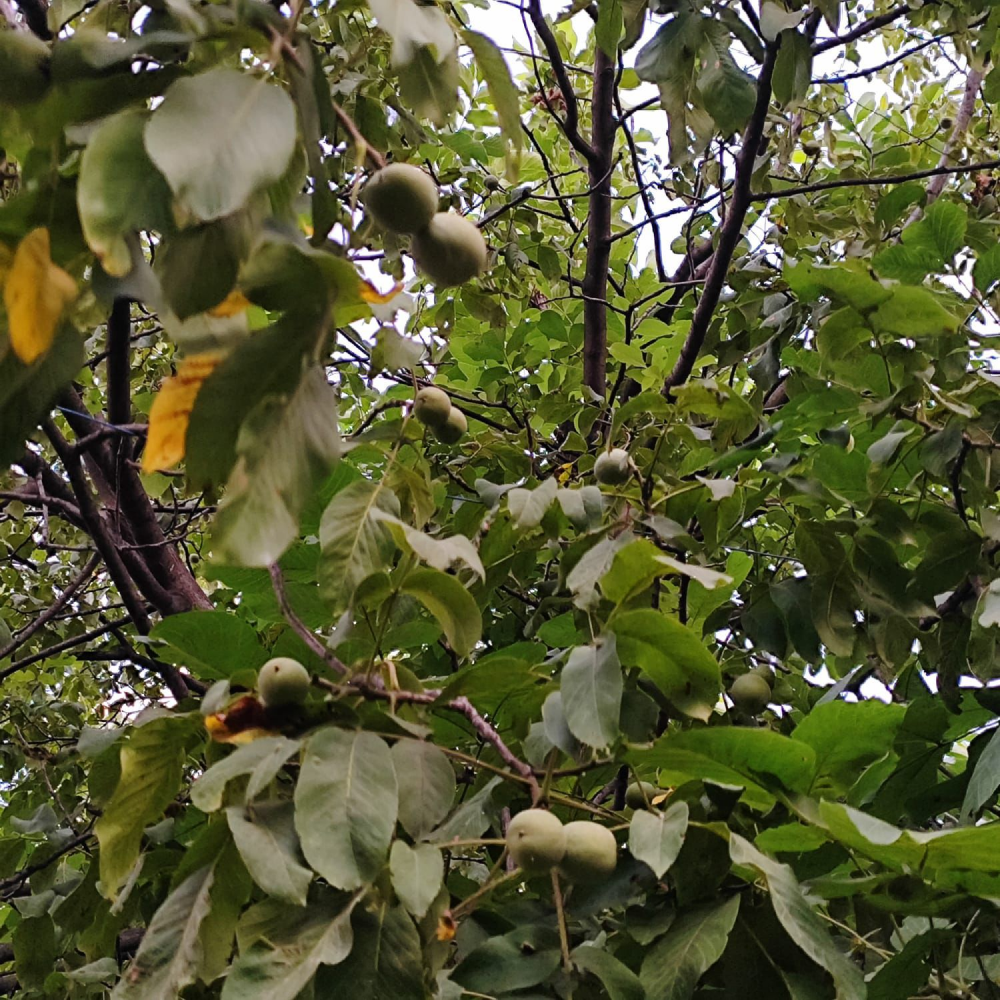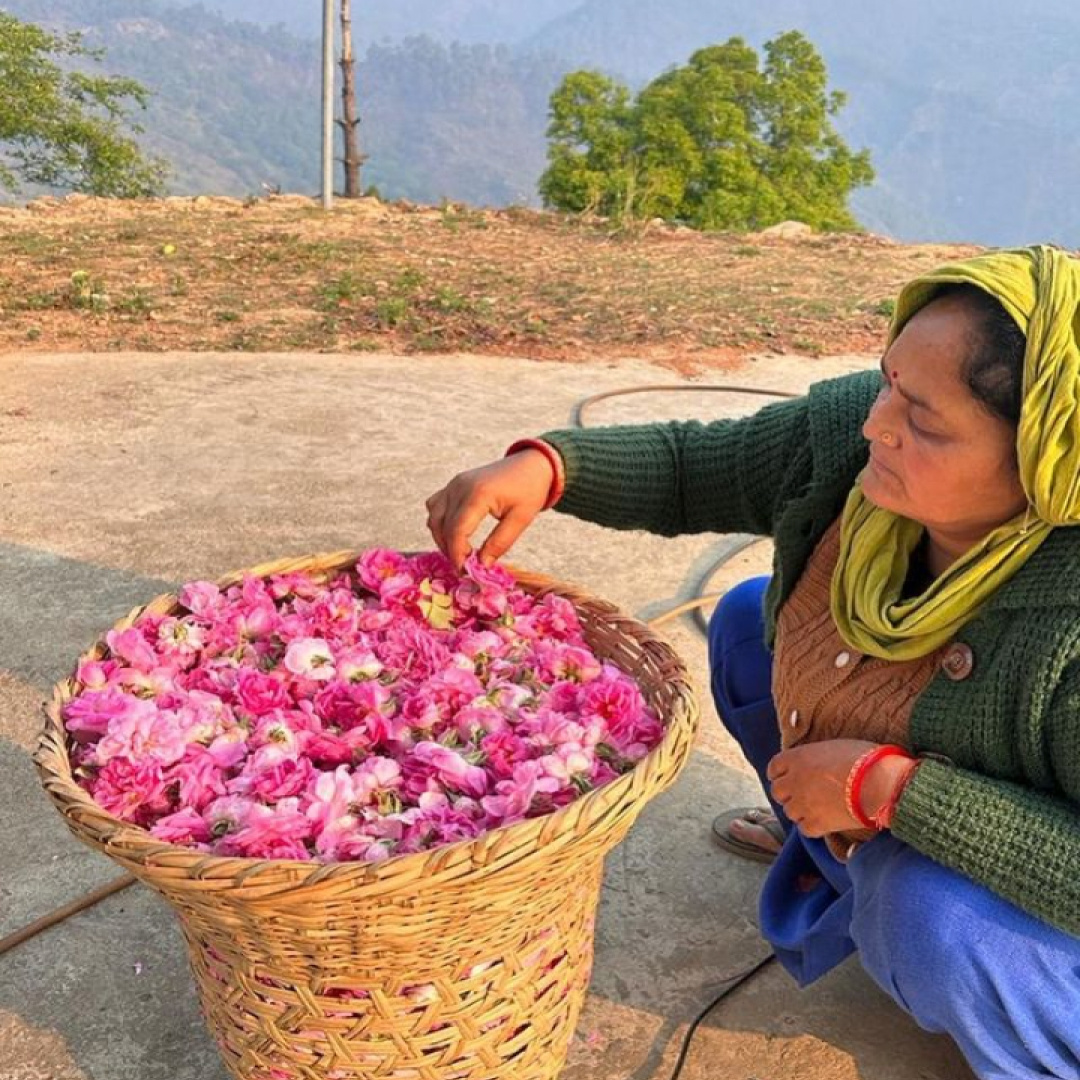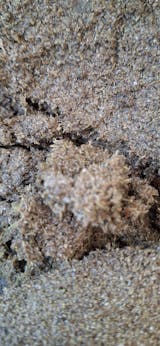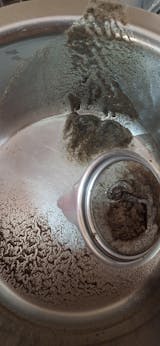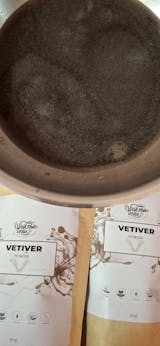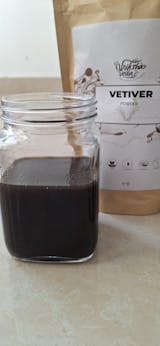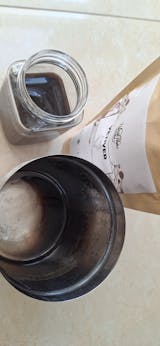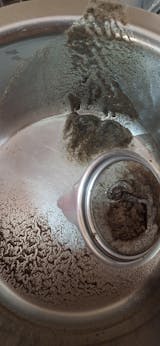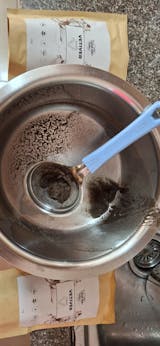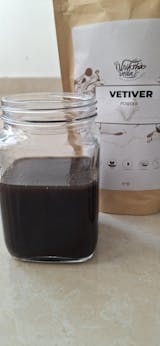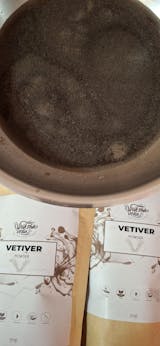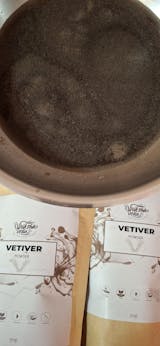Hi Sangieta,
At Vriksha Veda, we take all feedback very seriously, and we truly appreciate you sharing your valuable thoughts with us. Regarding the quality concerns you raised about our Vetiver Root Powder, let me clarify a few important points you should know:
Firstly, Vetiver ROOTS (please note the word Root here) naturally grow underground, unlike flowers or fruits that grow above the soil and are easier to wash. Vetiver roots are dense and once harvested, our farmers thoroughly mash them on the ground to remove dust and dirt—this is a common practice in organic vetiver cultivation.
Secondly, vetiver is a wild root that doesn’t require pesticides. After harvesting, we carefully remove dust, sun-dry the roots, clean them by hand, and then grind them into powder.
About your comment on the herb being old stock—could you please let us know what basis you have for this? Have you conducted any lab tests? If yes, we would be happy to review the results.
For your information, our warehouse stock is replenished monthly, and we never keep old inventory. We prepare everything in small batches and regularly share updates on our Instagram page, which you can check anytime.
If anyone offers cheap vetiver powder made from roots already used for steam distillation (where essential oils are extracted), we don’t work that way. We pride ourselves on providing the highest quality product straight from nature. Our vetiver roots contain over 1.5-2% oil content, which is exceptional. Vetiver roots are dense, and we strive to grind them as finely as possible.
Regarding the black color of the powder, this is because our vetiver is grown in nutrient-rich black soil, making it one of the most expensive and rare types of vetiver. Vetiver can also grow in red or brown soil, but ours is grown in black soil, which naturally causes some sediment to settle at the bottom.
For your information, traditionally, people soak vetiver roots in clay pots overnight to remove dust and infuse the water for consumption. If you boiled the powder as shown in your picture, the color released is similar to any herbal tea—like green or black tea.
Regarding the old stock concern, could you please explain how you identified this? What tests or checks were performed? If not, here are some quick tips to assess herb freshness: examine the aroma and color, and look for any dark spots, discoloration, or fuzzy mold, which are signs the herbs are no longer fresh. Since pesticide-free herbs can attract pests if not stored properly, the presence of worms or spiders usually indicates old stock. If you notice any of these issues, kindly share the details with us.
If you want scientific studies about vetiver powder or details on how black soil affects its quality, I’d be happy to share those with you. Also, feel free to visit our Instagram page to learn more about our farms and vetiver cultivation.








